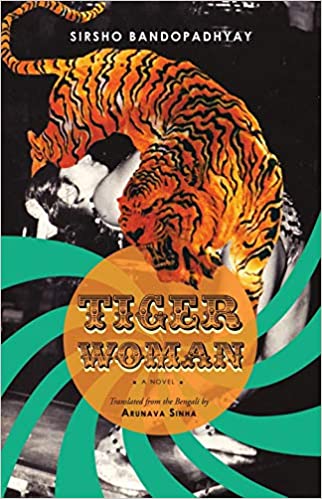Few historical epochs of India have drawn as much attention as nineteenth century Bengal. Hailed as the time of birth and growth of Bengali nabajagaran or ‘renaissance’, the period (extending until early twentieth century) unceasingly reminds us, and the Bengalis in particular, of the glorious achievements in nearly all human terrains of contemplation and action; nineteenth century, not surprisingly therefore, becomes one of the most defining markers of modern Bengali identity. While it is true that the ‘renaissance’ claim has been contested (by historians) from time to time, yet even the learned critics seem to retain an unwaning attraction to the famed epoch. Indeed, there must be something(s) about the era which continues to rouse our deep interest and abiding fascination for it.
That nineteenth century Bengal has, for want of a more suitable expression, a wondrous quality is obvious from the voluminous writings, both literary and otherwise, built around it; Shibnath Shastri’s Ramtanu Lahiri O Tatkalin Banga Samaj (1904) and Sunil Gangopadhyay’s Shei Shomoy (1981-1982), for instance, are unforgettable illustrations of that. Sirsho Bandopadhyay’s novel Shardulsundari (2016) too falls in the larger nineteenth century genre. And thanks to the excellent translation by Arunava Sinha, it is now available as Tiger Woman to the non-Bengali reading public. This slim novel has the regular nineteenth century ingredients of course, but what makes Tiger Woman stand out is its unique theme. In the backdrop of late nineteenth century Calcutta, Bandopadhyay re-creates the life of Priyanath Bose, the ingenious builder/ringmaster and owner of the first successful Bengali circus, and Sushilasundari (a stage name), a young woman trapeze artist and tiger handler. Now, not many novels come to mind when we begin to think of circus or its inner workings and politics either in India or the world. So, Tiger Woman, undoubtedly, captivates but more importantly also alerts us to the contribution of performative and organized art to the shaping of anti-colonial Bengali identity and (Indian) nationalism.

